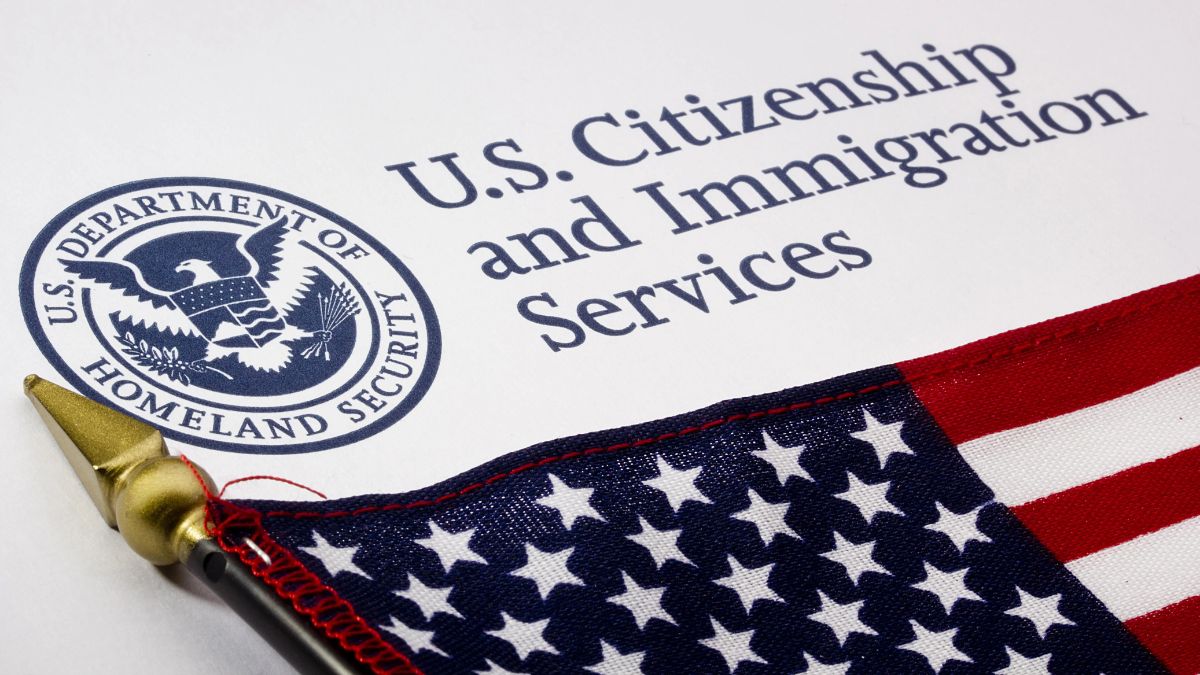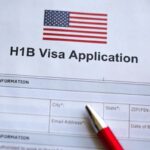In a move aimed at streamlining procedures and enhancing convenience, the United States Citizenship and Immigration Services (USCIS) has announced a new payment process for certain benefit request forms.
Effective immediately, most applicants, petitioners, and requestors, along with their attorneys and accredited representatives, can now submit payments via mail or remotely, eliminating the need for in-person appointments at field offices.
Key Highlights of the New Fee Payment Process
1. Mail or Remote Payment Option
Under the revamped system, applicants now have the flexibility to pay for designated benefit request forms either by mail or remotely, eliminating the need for in-person transactions at field offices.
Payment options include sending a check or utilizing Form G-1450, Authorization for Credit Card Transactions, which can be mailed along with the benefit request to the respective field office.
2. Filing Instructions and Location Verification
It’s imperative for applicants, petitioners, requestors, and their legal representatives to thoroughly review the filing instructions to ensure compliance with the new process.
Verification of eligibility for mail or remote submission and confirmation of the correct filing location are crucial steps to avoid any delays or complications. Incorrect filings will be returned, necessitating resubmission to the correct office.
3. Time and Cost Savings
By obviating the need for office appointments, the updated payment process promises significant time and cost savings for individuals required to pay these fees, enhancing overall efficiency and convenience.
Also Read: USCIS Updates Policy Regarding Extension of Stay and Change of Status Requests
Attorneys and Accredited Representatives’ Payment Convenience
Attorneys and accredited representatives can now process payments for EOIR-29, Notice of Appeal to the Board of Immigration Appeals from a Decision of a DHS Officer, through a link provided in their USCIS Contact Center email or text message.
Upon successful payment processing, they must mail the client’s EOIR-29, EOIR-2, EOIR-27, and Pay.gov receipt to the field office.
Exception for Emergency Advance Parole (EAP) Requests
The new process does not apply to emergency advance parole (EAP) requests. Applicants submitting Form I-131 with an EAP request must still schedule an appointment with the USCIS Contact Center, apply in person, and pay the fee (if applicable) by credit card with Form G-1450 or check at the field office.
For Further Information
For comprehensive guidance on the fee payment process or any USCIS-related inquiries, interested parties are encouraged to visit uscis.gov for detailed resources and assistance.
This initiative marks a significant step forward in enhancing accessibility and efficiency within the immigration process, reflecting USCIS’s commitment to continuous improvement and customer satisfaction.
Follow and connect with us on Facebook, Twitter, LinkedIn, Instagram and Google News for the latest travel news and updates!





